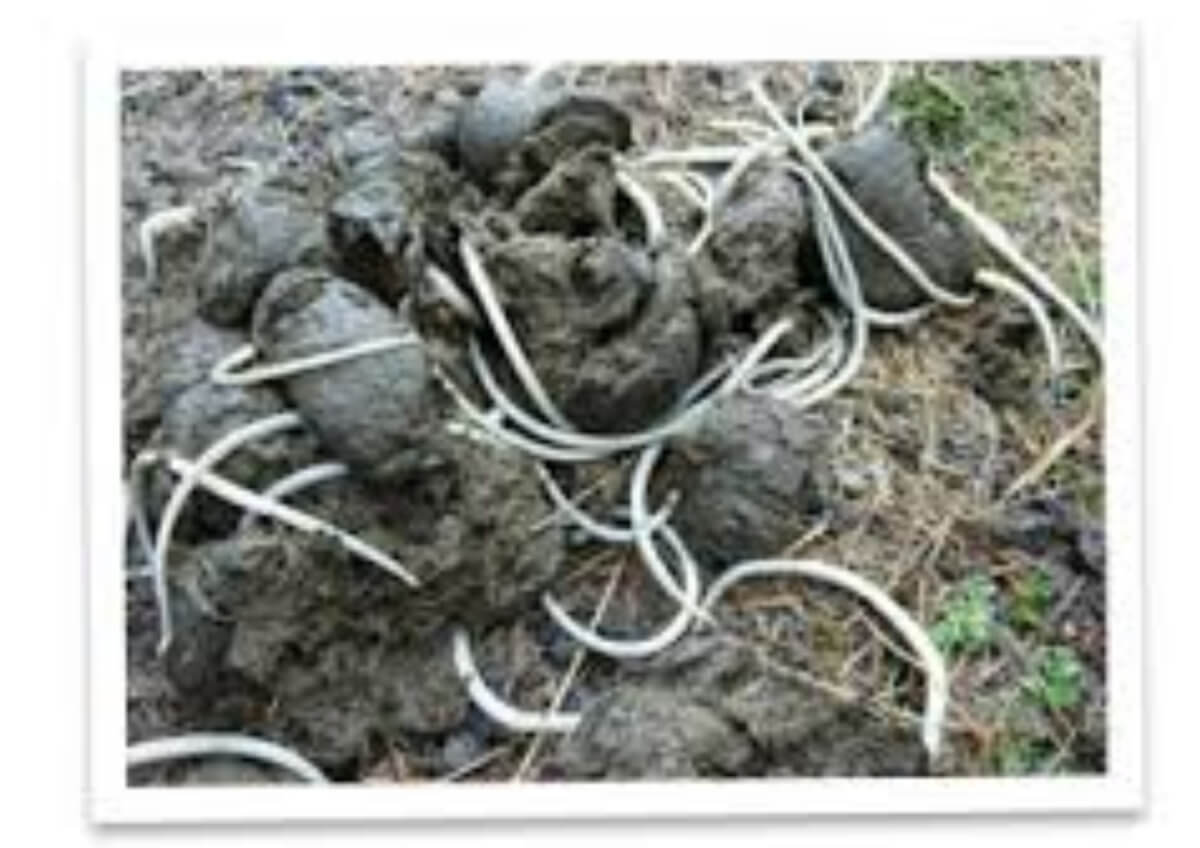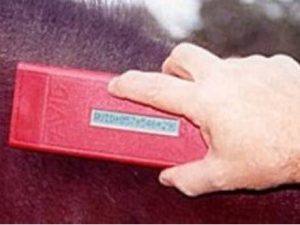
DEWORMING

One of the biggest changes that has influenced almost every horse owner is the new recommendation for intestinal parasite control. Gone are the days of deworming an entire barn on a fixed, repeatable schedule. Studies over the past 10 years increasingly report cases of parasite resistance to dewormers commonly used on farms, such as ivermectin and fenbendazole. In an effort to slow the development of parasite resistance on horse farms, parasitologists and veterinarians are now recommending horse owners have fecal egg counts taken on their horses prior to treatment to determine which animals should be dewormed more frequently and which require minimal treatment. This way, Dr. Garfinkel can identify “high shedders,” meaning horses that shed the majority of parasite eggs. Not every horse in a herd needs to be dewormed every six weeks, since overdeworming can hasten the development of-parasite resistance.

















